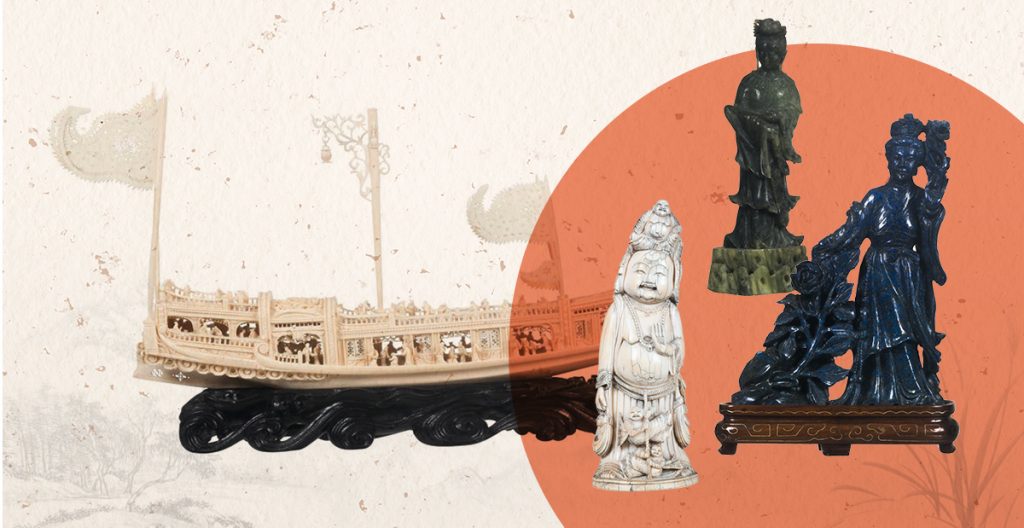Confucius, the World-Renowned Chinese Philosopher

“Education breeds confidence. Confidence breeds hope. Hope breeds peace.”
– Confucius
Confucius, one of China’s most famous philosophers, is widely considered as one of the most important and influential individuals in history.
He is the founder of Confucianism, one of the oldest and largest belief systems in China and around the globe. Confucianism is highly regarded as the Chinese way of life and has influenced its people and their culture for centuries. Confucius’ philosophies emphasize personal and governmental morality, tradition, correctness of social relationships, filial piety, justice, kindness, and sincerity. And five centuries before Jesus Christ, Confucius had his own Golden Rule: “Do not impose on others what you do not wish for yourself.”
Humble beginnings
The name “Confucius” means “Master Kong” in Latin. It was coined in the late 16th century by one of the earliest Jesuit missionaries to China. Confucius’ hometown was Qufu, a city that is known to be a legendary birthplace of many Chinese sages. Growing up, Confucius studied the six main arts, including archery, arithmetic, charioteering, ritual, and calligraphy. He also studied poetry and history on the side.
Before becoming a wise teacher, he worked several jobs. He was a bookkeeper, a clerk, and a caretaker of sheep and horses. He also worked for the government, starting off as the governor of a small town and then securing a higher position as an advisor. He eventually started teaching at the age of 24 in the hopes of reforming the corruption and lawlessness of the government at that time.
Teachings
From shifting his teachings away from ruling authorities, the divine, or the afterlife, he focused mainly on the importance of teaching people daily values to maintain good relationships and interactions with others. His teachings focus on two interrelated areas: social teachings that deal with the proper behavior of the individual in society and political teachings that deal with the art of governance.
Confucius also stressed the importance of education and ritual. In general, his philosophies are geared towards self-improvement, kindness, and mutual respect towards each other, all of which will create a united, harmonious, and stable society.
His philosophies then expounded on the importance of the four virtues which we all possess: benevolence (jen), righteousness (i), observance of rites (li), and moral wisdom (te). A fifth virtue, faith, was later added, and they correspond with the five elements in Chinese belief.
Legacy
Following his death in 479 BCE, Confucius was buried in his family’s tomb in his hometown. For many centuries to come, he would become a subject of worship in school during the Han Dynasty (206 BCE-220 CE). Temples in China were established in his name at all administrative capitals during the Tang Dynasty (618-907 CE).
To this day, his teachings continue to play a significant role in Chinese education and philosophy. The influence of Confucianism is still evident in modern Chinese culture as it’s encouraged in family relationships, tradition, politics, and education.












